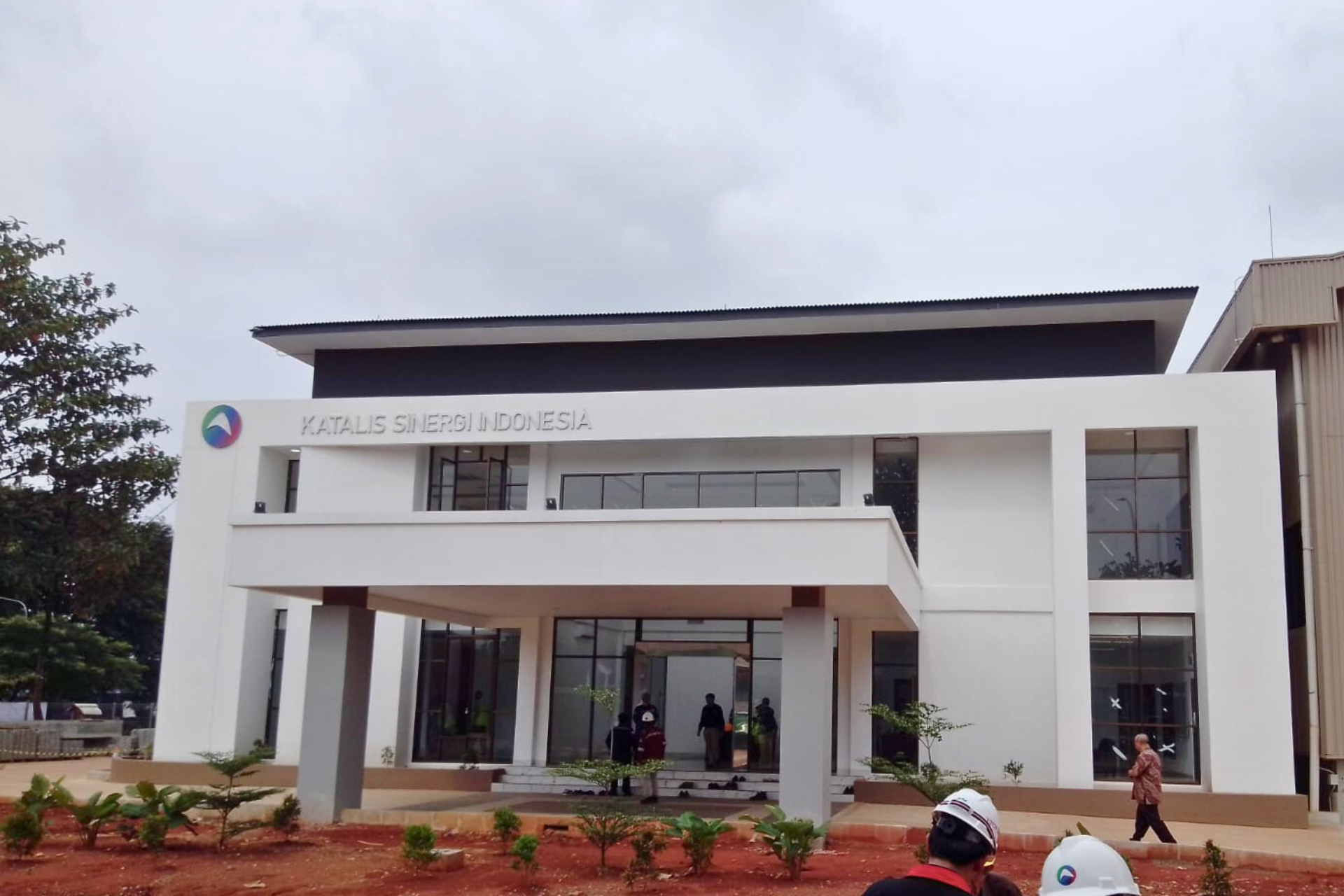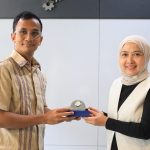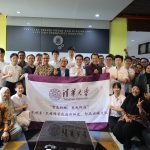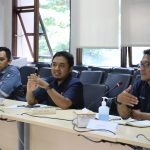FTMD’s Role in the Development of the “Merah Putih” Catalyst Plant
Bandung – The Faculty of Mechanical and Aerospace Engineering (FTMD) at ITB, with its expertise in science and technology, has played a crucial role in addressing challenges found in various industrial sectors in Indonesia. With innovative thinking, FTMD has shown a strong commitment to serving the nation. FTMD’s contributions are spread throughout the country, both through community service and involvement in national strategic projects. One such example is FTMD’s active role in the development of the “Merah Putih” Catalyst Plant.
The “Merah Putih” Catalyst, developed by the Laboratory of Chemical Reaction and Catalysis Technology – ITB, converts palm oil into various types of biofuels. Over the past five years, ITB, through its Chemical Engineering department, collaborated with RTI Pertamina to develop this catalyst. On a laboratory scale, the catalyst has been tested and proven effective in transforming palm oil into Biofuel, biodiesel, bio-aviation fuel, and bio-gasoline.
The research success of the “Merah Putih” team encouraged ITB, through PT Rekacipta Inovasi ITB, to collaborate with PT Pertamina (Persero) and PT Pupuk Kujang, taking a significant step in developing palm-based energy resources. These three institutions agreed to establish PT Katalis Sinergi Indonesia (KSI), a joint venture aimed at building the “Merah Putih” catalyst plant.
This initiative is a collaboration between State-Owned Enterprises (BUMN) and Higher Education-BHMN, aiming to reduce dependence on imported catalysts. PT KSI will play a vital role in realizing sustainable energy resource development programs using palm oil.
In the catalyst factory construction process, FTMD at ITB played a significant role, providing momentum, assistance, and support in designing the production equipment for the “Merah Putih” Catalyst. Several FTMD staff and alumni were involved in the machinery design from the initial catalyst creation stages. Ir. I Made Astina, Ph.D., a lecturer and researcher from the Energy Conversion Group, was responsible for the thermal part and the design concept of the equipment and machinery required to support the catalyst production process, including the Box Dryer. Then, Prof. Dr. Ir. Bagus Budiwantoro, a researcher and lecturer from the Machine Design Group, took charge of the structural calculations of the devised concept. Prof. Dr. Ir. Muljo Widodo Kartidjo, a retired lecturer and researcher from the Machine Production Engineering Group, participated in designing the equipment on an industrial scale. An ITB Mechanical Engineering alumnus, Sapto Adi Nugroho, S.T., also contributed to instrumentation and installation.
Designing is a complex process. No design is perfect from the outset. “Design is an iterative process…” explained Prof. Dr. Ir. Bagus Budiwantoro.
FTMD’s involvement in the KSI Factory development directly implies an increase in the percentage use of Domestic Component Level (TKDN). Furthermore, FTMD’s contribution to PT KSI exemplifies the importance of interdisciplinary collaboration and cooperation.
The catalyst’s development is expected to play a significant role in supporting renewable energy use in Indonesia. Palm oil is abundant in this country, and with the “Merah Putih” catalyst, it can be used more efficiently and sustainably.
Additionally, this catalyst’s development can contribute to Indonesia’s industrial and economic sectors. With the technology and expertise to process palm oil into various biofuels, Indonesia can enhance export product value and create new jobs in the renewable energy sector.







